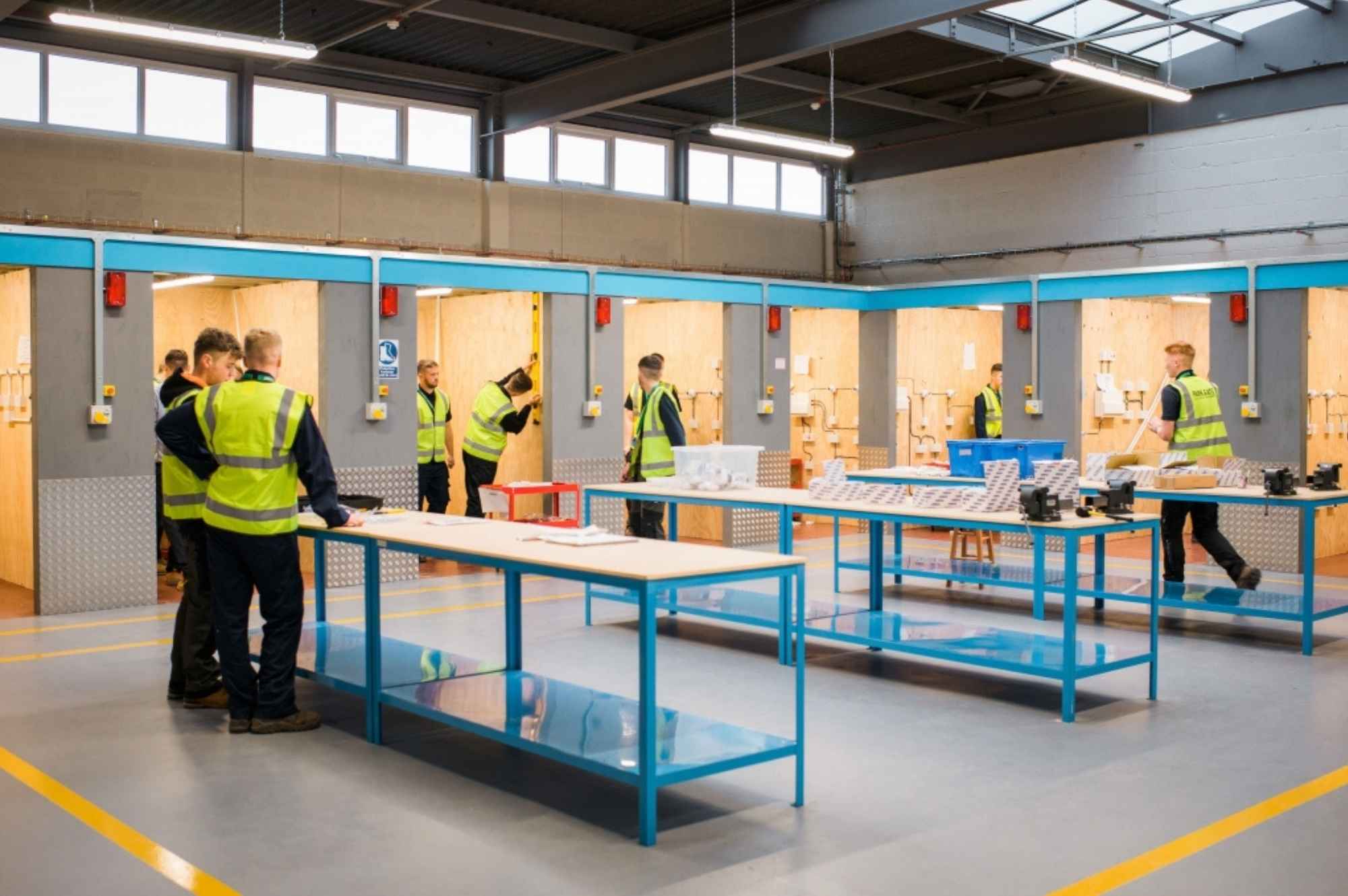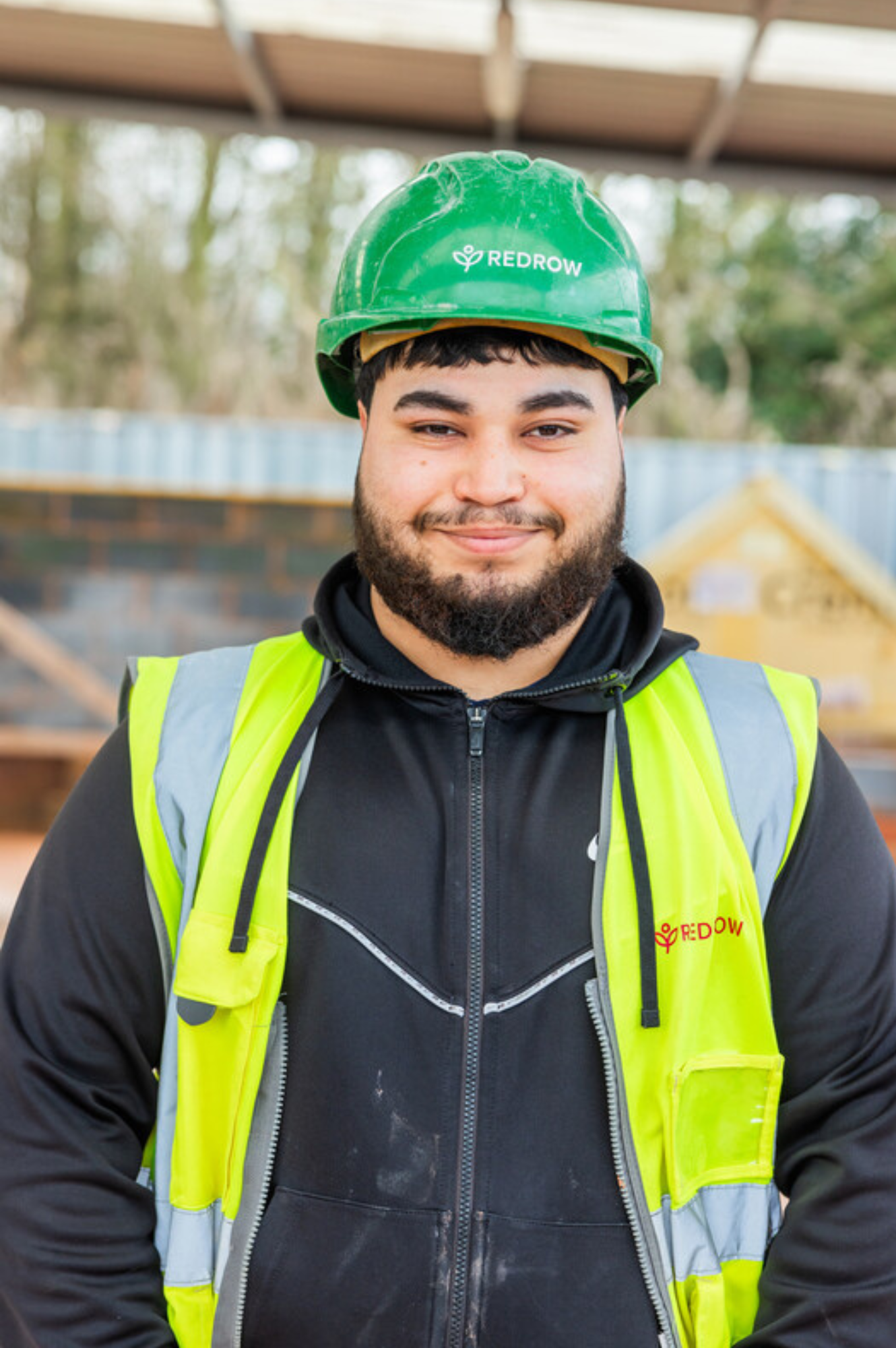
Course overview
Gas Engineers install and maintain gas appliances in a domestic or non-domestic setting. Appliances can include but are not limited to, a range of work categories such as central heating boilers, unvented hot water storage, ducted air heaters, cookers, space heaters, meters, alternative fuel, boosters, testing, and purging for industrial pipework.
Roles in gas engineering are physical in nature and may involve lifting and moving equipment, working at heights, and working in confined spaces.
Customer service skills and being tidy and respectful are important qualities for a gas engineer as they can often find themselves working in customers’ homes. Responsibilities will include explaining how installations and appliances work, providing energy efficiency advice, and ensuring customer service excellence at all times.
By the end of the apprenticeship, gas engineers will be registered on the Gas Safe® Register as competent to undertake work on at least four appliances.

Module information
Course details
Apprentices will complete the level 3 gas engineering qualification to develop the skills, knowledge, and behaviours they need to safely install, commission, decommission and service and repair gas appliances in either a domestic or non-domestic setting.
Years 1-3
- Health and safety in gas utilisation
- Scientific principles in gas utilisation
- Combustion and properties of gas
- Buildings, services, and structures
- Gas safety principles
- Specific core installation and maintenance
- Tightness test, purge, commission, and de-commission gas pipework up to 35 mm (1¼) diameter in small gas installations
- Install, commission, and de-commission gas pipework up to 35 mm (1¼) diameter in domestic and small commercial premises
- Install domestic gas water heaters and wet central heating appliances
- Maintain gas water heating and wet central heating appliances
- The installation, commissioning, and safety aspects of hot water systems for domestic use in accordance with UK building regulations
Delivery and Assessment
The course is usually delivered on a day-release basis, meaning you will go to college or a JTL training centre for one day a week and spend the rest of your time at work. Some of our centres offer a block release option.
The End Point Assessment (EPA) is expected to take place in the final 3 months of the apprenticeship. You must pass this to complete your apprenticeship and become a fully qualified engineer. The EPA consists of a multiple-choice knowledge assessment and a portfolio assessment which includes gas safe registration, a competency test, a work log review, and an interview.
Grades of Pass and Distinction are available.
You can view full details of the standard for the Gas Engineering Level 3 qualification here.

Why choose JTL?
- Free starter toolkit in your first year*
- Free study books
- Dedicated training officer
- Free recruitment service
- Full equipped workshops at our dedicated training centres
- Dedicated support/EIC/JIB registered electrician skills development fund
- JIB PMES apprentice card
- Help accessing funds
- Free recruitment process for employers
- Ofsted Grade 2 GOOD Provider
- Regional national awards
- CSCS card
*Once you have completed 3 months of your apprenticeship.

Equality and Diversity
JTL is committed to equality and diversity for all. We want to establish a culture of equality and diversity so that all applicants, apprentices, employers, sub-contractors and staff have the opportunity to work in and towards an environment that is non-discriminatory.
Equality and DiversityCareer progression
Successful apprentices are eligible for membership with the Institution of Gas Engineers and Managers (IGEM) and professional registration as an Engineering Technician (EngTech).
Fully qualified gas engineering apprentices can progress into roles such as supervising an apprentice, supervisory roles, project management roles, owning and managing their own business, advanced engineering, design and planning, teaching, or training others.
As a fully qualified plumber you can go on to earn close to £32,000 per year (£31,787 )*
Related articles

JTL announces Regional Award winners ahead of annual National Awards ceremony

The Plumbing and Domestic Heating Technician apprenticeship – what’s changing?




